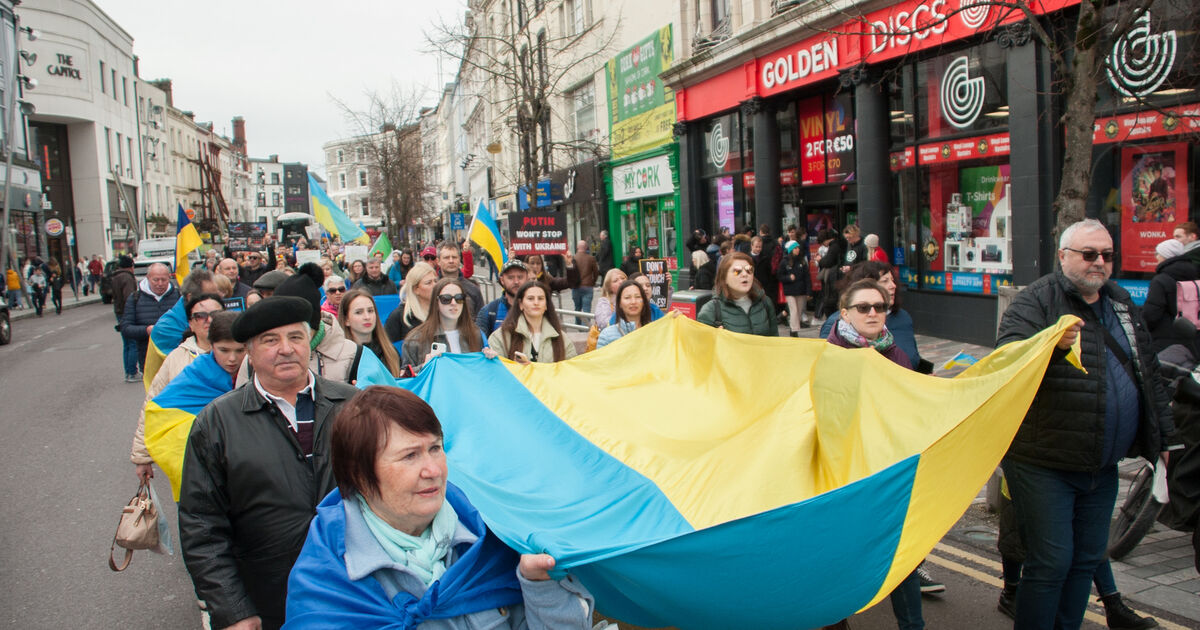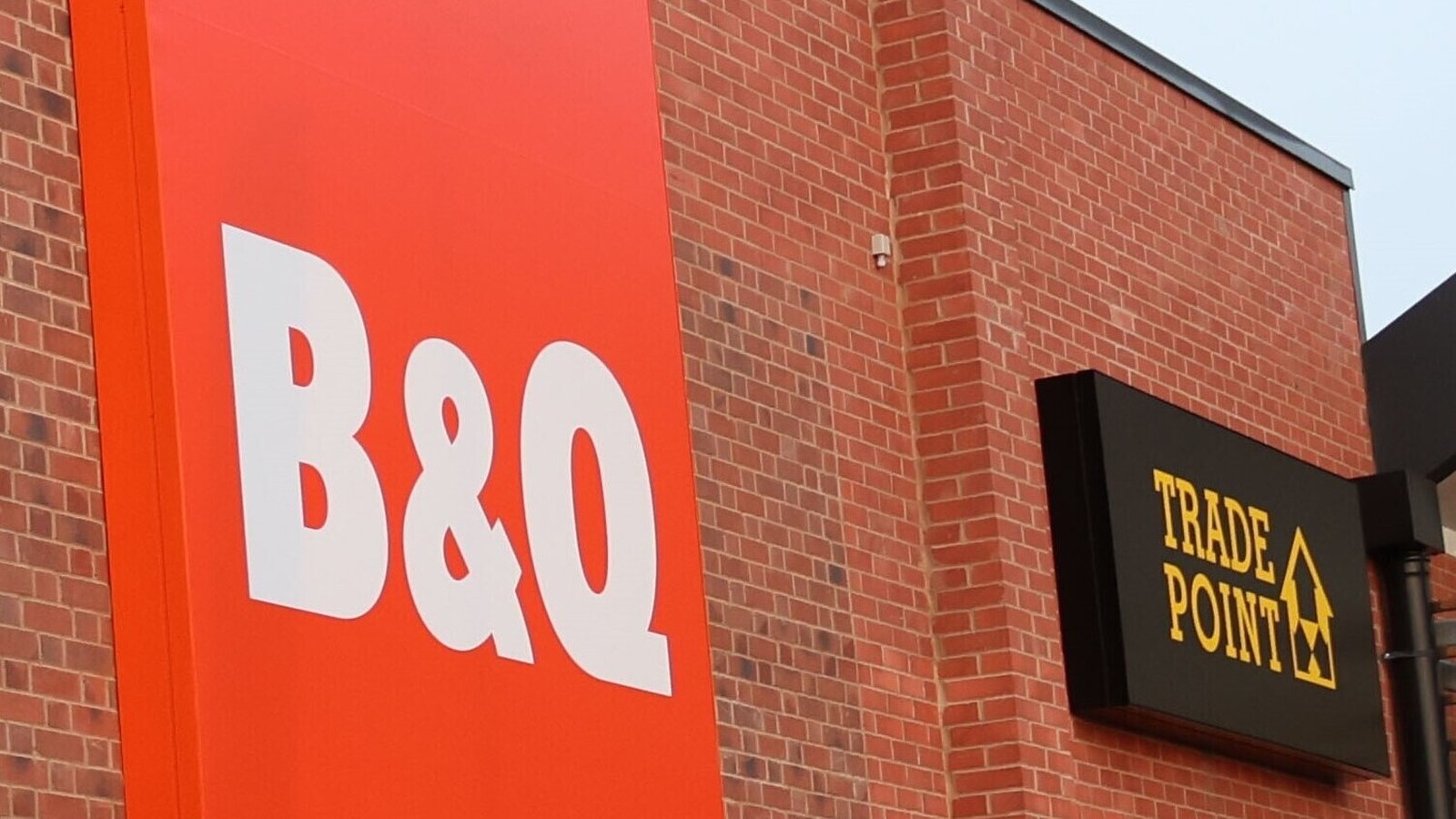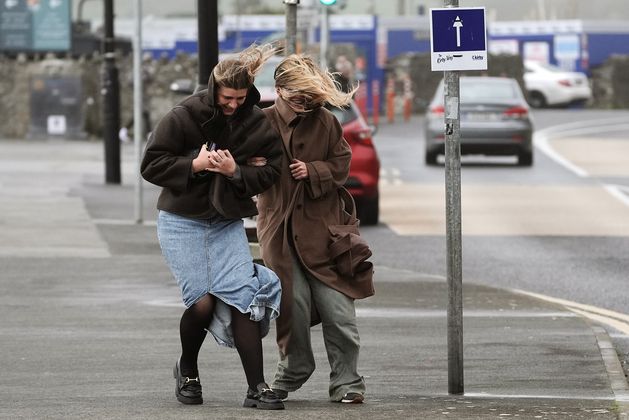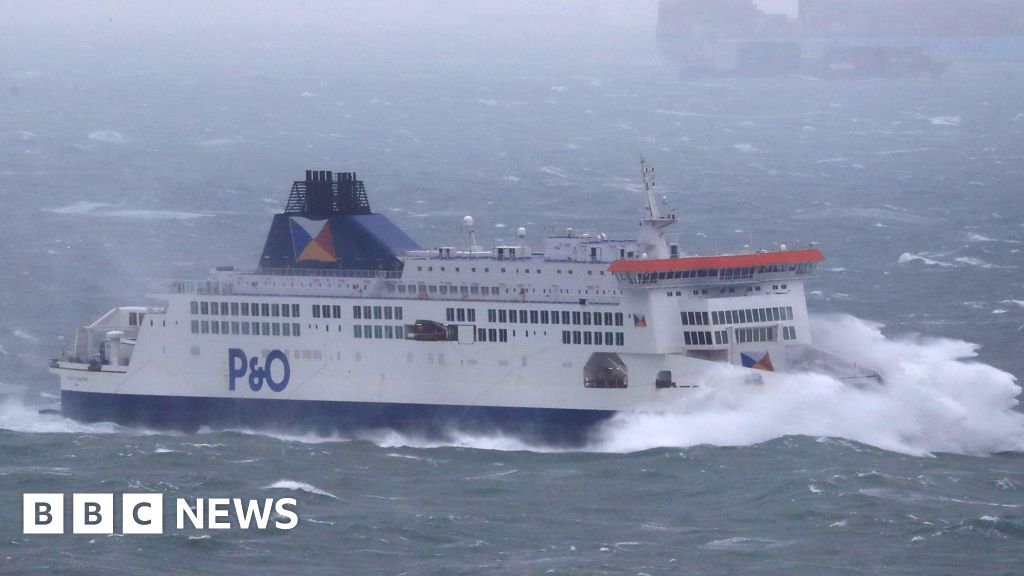There has been a surge in the past two years of Irish exports to former Soviet Union countries suspected of being used to circumvent trade sanctions imposed on Russia after it initiated a war against Ukraine.
Official trade figures show the overall level of exports from Ireland to one country with close trading ties with Russia has increased more than 50-fold since 2021.
The figures raise the potential that some Irish companies may be exporting goods which are ending up in Russia, in breach of EU sanctions.
In many cases, there has been a sharp reduction in exports to Russia of specific classes of goods including oils, chemicals, and machinery, which has coincided with exports of the same categories of products from Ireland for the first time to former Soviet Union republics.
The European Commission has advised all exporters based in the EU to take “adequate diligence measures” to prevent the circumvention of trade sanctions imposed on Russia.
It recommended exporters to pay particular attention with exports to third countries from where such goods could easily be diverted to Russia.
The commission said the potential for circumvention of the sanctions particularly existed in relation to countries of the Eurasian Economic Union including Armenia, Belarus and Kazakhstan.
Figures published by the CSO showed the value of exports from Armenia has risen from less than €0.9m in 2021, to €6m in the first year of the Russian invasion of Ukraine, and to almost €10.7m in 2023.
Significant increases in the value of exports from Ireland have also been recorded to Uzbekistan and Turkmenistan over the past two years.
A spokesperson for the Department of Enterprise, Trade and Employment, which is responsible for the implementation of trade sanctions on Russia, said it was aware of the risk of the circumvention of sanctions via third countries.
The spokesperson said an analysis of trade flow indicated the volume of trade to third countries was at “a low level in relation to overall trade levels”.
“Trade to individual countries will contain legitimate exports, but where there are suspicious spikes in trade, examination of the elements of the trade is undertaken and actioned where necessary,” the spokesperson said.
Under EU sanctions, it is prohibited to sell, supply, transfer, or export dual-use goods and technology to Russia — including specified goods which might contribute to Russia’s military and technological enhancement or its industrial capabilities.
Such equipment includes generators, drones, laptops, IT components, cameras, chemicals and machinery. Goods and technology intended for use in Russia’s energy sector and its aviation and space industries are also banned.
Other items prohibited are luxury goods and electronic components, as well as intellectual property rights. There are also corresponding bans on the provision of technical assistance, brokering, and other services for goods covered by the sanctions.
CSO figures show over €1.9m worth of machinery specialised for particular industries and chemical materials were exported to the Kyrgyz Republic in the last year. The value of such exports in 2021 was zero.
Almost another €1.3m classified as “essential oils, perfume materials, toiletries and cleansing preparations” were exported to the Kyrgyz Republic from Ireland last year, where no similar goods had been traded before 2022.
The department said it was in regular contact with Irish exports in order to further Ireland’s compliance with the current sanctions regimes. The spokesperson said officials were currently considering further activities with regard to both enforcement and stakeholder engagement.










